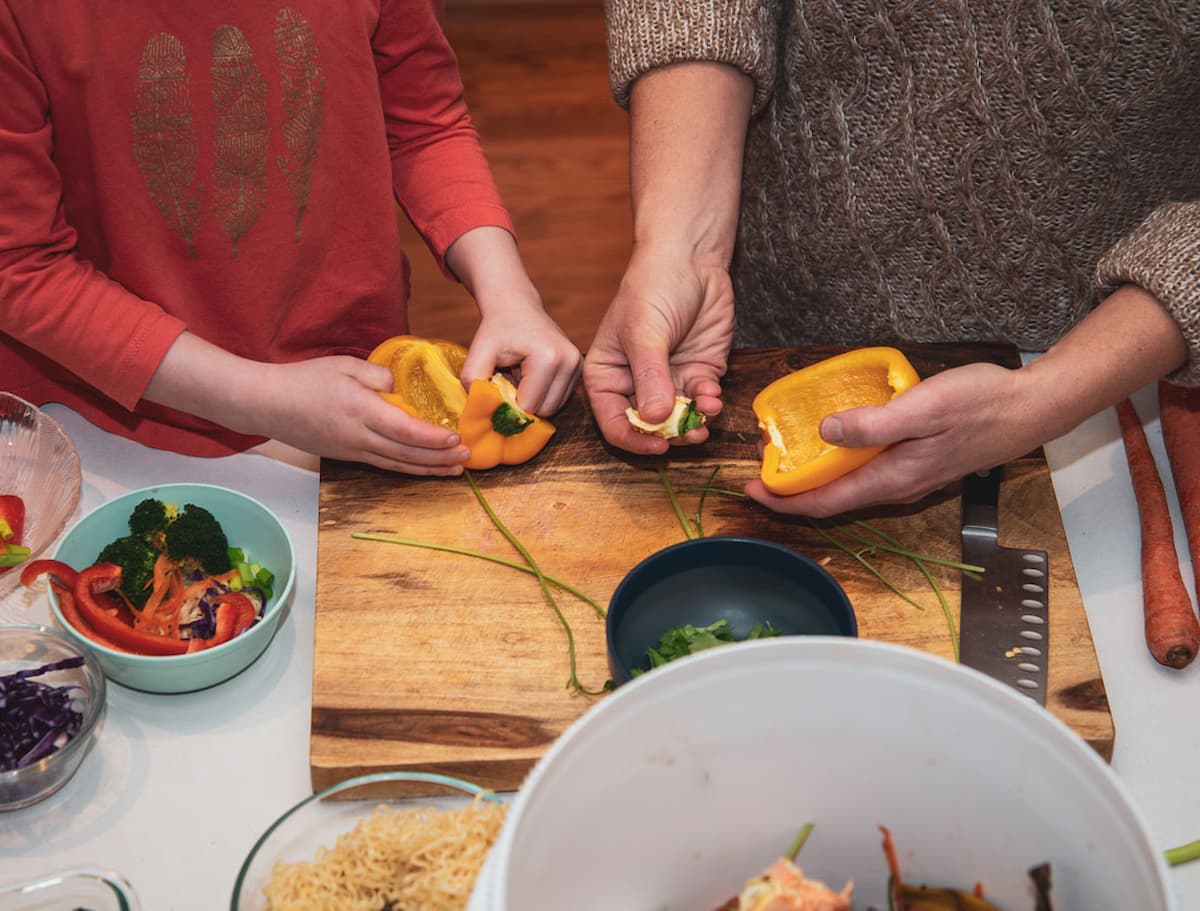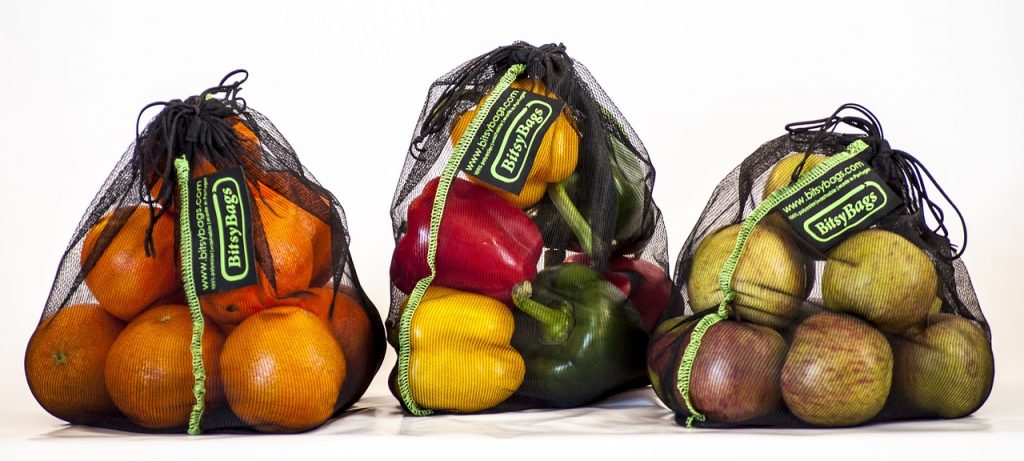
Dear Eartha, I heard that 30% to 40% percent of food in the United States is wasted. That’s a lot! What can I do to contribute less to the waste and make more sustainable choices at the supermarket?
The sad truth is that you’re absolutely right. According to the United States Department of Agriculture’s Economic Research Service, each year Americans waste 133 billion pounds of food, valued at $161 billion. When we talk in billions, it can be hard to imagine the scale of the problem. Just think: On an individual level, this equals 20 pounds of food waste each month, per person. Like you said, it’s a lot. That food could have fed families in need, and it means we’re squandering all the resources that went into producing that food — water, soil, energy and labor.
The Environmental Protection Agency and USDA have a shared goal of reducing food waste in the US by 50% by 2030. While we may have a harder time influencing food waste between farms and retail stores, we can certainly reduce food waste in our own lives. After all, grocery shopping is an errand we are all very familiar with. And our purchasing decisions have a large impact on the environment.
Check out these tips to guide you through every step of the grocery shopping process, from before you leave your house to when you’re putting away your dinner leftovers.
Before you leave home
Before you head out the door, plan your meals in advance. Making a shopping list will help you purchase only the ingredients that you need. Watch out for shopping while hungry so you’re less likely to impulse buy treats that you may not finish (I’m also guilty of this). Stashing some snacks in the car can help with this — and life in general.
While we’re talking waste reduction, grab your reusable bags (including produce bags) every time you are heading to the store. If you have trouble remembering them, consider leaving a few bags in your car just in case you make an impromptu store trip. If you accidentally forget your reusable bags (hey, we have all done it), ask for paper instead of plastic, that way you can still recycle. Don’t like your fruits and veggies rolling around your cart? Skip the plastic and use a more sustainable alternative like organic mesh bags.

While you are at the store
You have completed all your prep work for shopping and have finally made it to the store. Now what? First, I recommend buying in bulk; not only is it more affordable to purchase a larger quantity of food, but bulk items also require less packaging.
Speaking of packaging, when possible, prioritize buying products with packaging that can be easily recycled in Summit County. This includes tin, aluminum, paper, cardboard, and glass and plastic bottles, tubs and jugs. And while I would never tell anyone to avoid leafy greens, keep in mind that plastic salad and berry containers are not recyclable locally. If you are unsure of what is recyclable, visit High Country Conservation Center’s website for a refresher.
At home
Sustainability doesn’t stop at the grocery store. Another impactful tactic you can easily implement at home is composting your food scraps instead of throwing them away. Summit County residents can recycle their food scraps for free at eight drop-off locations. Enroll online and you’ll receive a code to access the food scrap bins. Why should you consider composting? Because it creates a closed-loop system! Instead of landfilling food (where it decomposes and releases methane — a potent greenhouse gas), composting ensures that all the water and energy that went into producing our food goes straight back into the earth. Here’s another staggering fact: If global food waste were a country, it’d be the third-largest emitter of greenhouse gas emissions — so composting not only helps with resource conservation, but it’s also an important way to fight climate change.
Now that you have learned how to grocery shop sustainability, put these tips into action next time you hit the supermarket. Adopting these small changes into your daily habits creates a positive influence on your family, community, and the world we live in.
